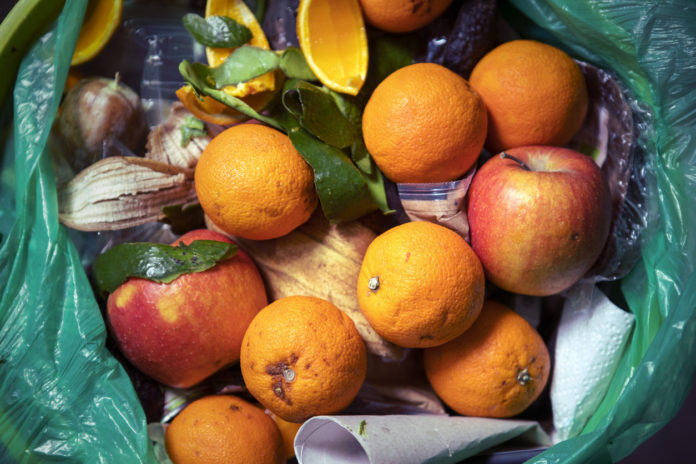
Food waste is one of the biggest problems facing our society today. From the environmental issues it causes to the social impacts such as inequality, it’s clear that recent attempts to reduce our food and drink waste have not been successful. In fact, the United Kingdom’s food waste is increasing.
According to the Waste & Resources Action Programme, the UK was wasting around 9.5 million tonnes of food in 2018. This was a combination of food both from businesses – such as those in the hospitality sector, food manufacturers, and retail supermarkets – and households. This level of waste was costing £19 billion ever year, while being responsible for 25 million tonnes of greenhouse gas emissions (GHG).
Where is it coming from?
Of this waste, over 85% of it (according to weight) comes from households and food manufacturers. While this could be avoided with the proper monitoring of a perishable inventory, it’s also indicative that many households are buying more food than they need. Around 43 million tonnes of food are purchased in the UK every year, but more than one fifth (22%) of this is ultimately wasted.
A 25-year environment plan
In a bid to tackle this ever-growing problem, the UK government unveiled a 25 Year Environment Plan which they hope will mean they can “leave the environment in a better condition for the next generation.” As well as reducing plastic waste, the plan also aims to double our resource productivity and eliminate all forms of avoidable waste by the year 2050.
The issue of food waste is central to this intention to double our resource productivity. As it currently stands, our food supply chain is flawed at almost every stage, with the two worst culprits for waste located at the start (manufacturers) and end (consumer households) of the process.
Among its targets, the 25 Year Environment Plan has pledged to:
- Reduce greenhouse gas emissions from landfill by arranging a separate food waste collection every week for homes and businesses around the UK
- Effectively redistribute food that would otherwise be wasted
- Arrange annual reports on food surplus and waste from relevant businesses
- Set legal limits for food waste targets and make it the law that excess food must be redistributed
- Publish a new hierarchy of food surplus and waste
- Boost awareness of the issue by appointing ‘a new food waste champion’
- Collaborate with the Courtauld 2025 agreement, which aims to reduce food waste, cut our carbon footprint, and protect the UK’s water resources.
How to reduce your food waste at home
Although there are issues throughout the food supply chain, we can all make a positive impact by reducing our household food waste today. Some simple ways to do this include:
- Resisting ‘bulk buy’ offers in supermarkets and buying only what you know you’ll use.
- Store your food in the right conditions at home to prevent items from spoiling prematurely.
- Choose ‘uglier’ fruit and veg. Many supermarkets now sell boxes of imperfect produce that would previously have been deemed unsellable.
- Freeze any leftovers if you’re not sure you’ll use them straight away. Not only does this save waste – you’ll also have a low-hassle meal ready and waiting in the freezer.
As the UK continues to struggle with the issue of food waste, it’s clear we should all be doing more to lessen food inequality and reduce waste.









